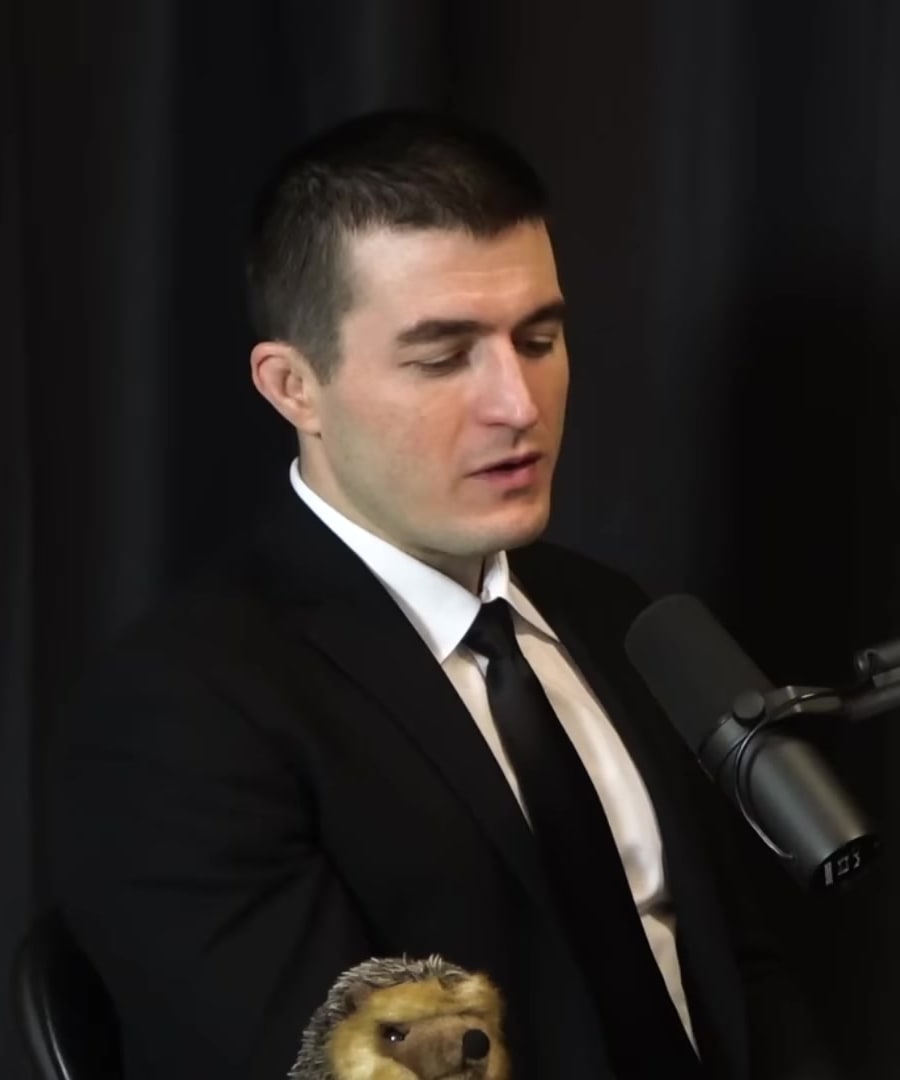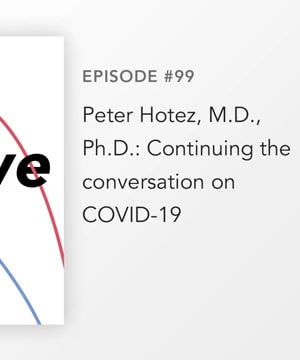Honoring scientists
Sources:
Honoring scientists can have different perspectives and implications, as discussed by several experts:
-
Avi Loeb on the expresses skepticism toward prizes like the Nobel, suggesting they might distort scientific progress. He argues for focusing on sincerity and the natural progression of science, which involves trial and error rather than always striving to meet the expectations of award committees 1.
-
James Altucher and Dr. Brian Keating discuss the emotional balance needed when facing both successes and failures in scientific careers. They emphasize celebrating achievements to maintain motivation and prevent burnout. Dr. Keating highlights how Galileo used accolades to boost his career, demonstrating the practical benefits of such recognition 2.
-
Peter Hotez on the notes the growing societal esteem for scientists, especially in times of crisis like the COVID-19 pandemic. He appreciates the community's support, which bolsters the morale of scientists working on critical issues 3.
-
Neil deGrasse Tyson on celebrates the unsung heroes in science. He discusses the Future of Life award, which recognizes scientists whose work quietly saves the world, emphasizing the importance of acknowledging these behind-the-scenes efforts 4.
-
Sean Carroll and Kip Thorne debate the format of the Nobel Prize, considering whether it should evolve to better acknowledge collaborative efforts. Despite its limitations, they agree that the Nobel is effective in bringing the excitement of science to the broader public 5.
These insights underline that while honors and awards can sometimes complicate scientific endeavors, they also play a critical role in celebrating achievements, inspiring future scientists, and engaging the public.
RELATED QUESTIONS-


